Some 80,000 Rashaida or Bani Rashids live along the desert coast of Eritrea. They are dedicated to the grazing and commercialization of dromedaries, as well as to the general trade with Arab countries. The Rashaida arrived on the coasts of Eritrea and Sudan a century ago from Saudi Arabia. The reason for their displacement was tribal wars and the Ottoman pressure.
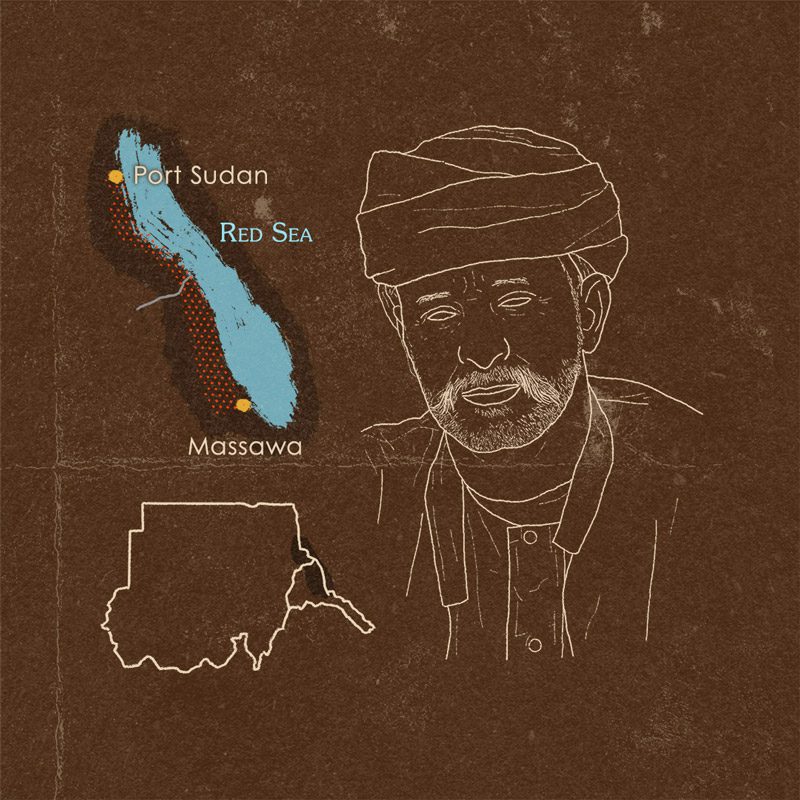
Rashaida society is very ethnocentric and conservative. They want to preserve their 'Arab essence' and 'not blend in'. They wish to maintain a level of ethnic purity within their community. It is very rare to see interracial marriages.
The Rashaida consider that there are two different "races". Those with lighter skin are called "reds", while freed slaves, who were raised by the Rashaida, are called "blacks". The term "muwalladin" or "muwallad" is also often used to label them. There are certain rules regarding the ability of these two groups to marry. A man who considers himself "Red" can marry a "Black" Rashaidi, as his offspring will be considered "Red", while a "Black" man cannot marry a "Red" Rashaidi.
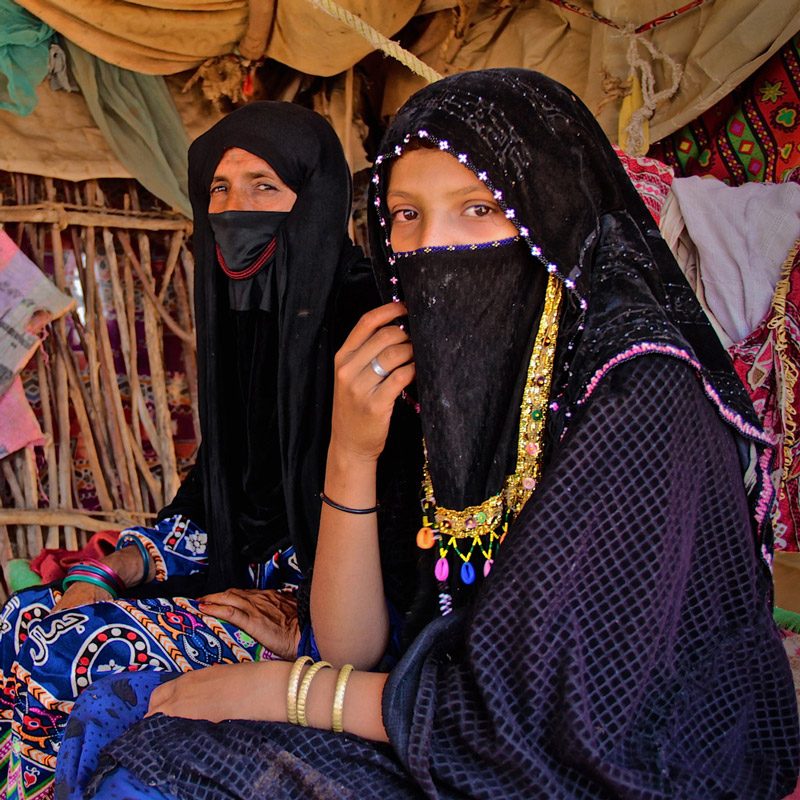
The most important part of a women's wardrobe is her veil; which begins to be used around the age of five.
Women explain their observance of the veil in terms of beauty, not the Islamic religion. "You feel that you are more beautiful when you wear a veil," said Ms. Hamida. "When we are 5 years old, we ask our mothers if they can put a veil on us to be like them."
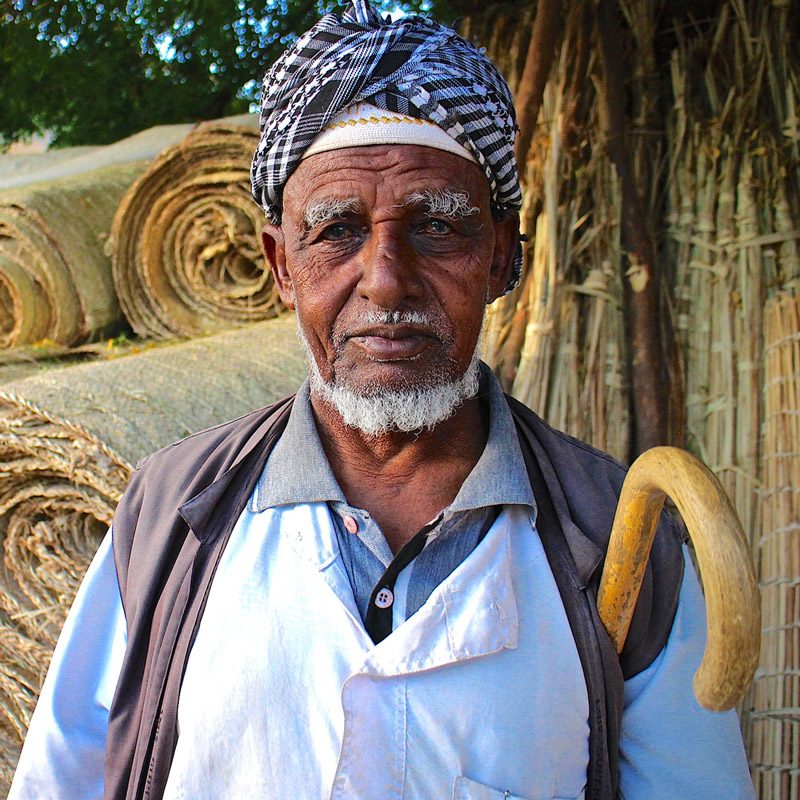
Do you want to meet the Rashaida?
Discover their world on our next trip to Eritrea from 26 July to 3 August 2023. Click here for more trip details.
These veils cover the entire face except the eyes and are finely embroidered with metallic silver thread, beads, and sometimes seed pearls. These veils cover their faces at all times, even when eating, unless no male is present except her husband, as no other male will ever see her face. Unlike other Arab/Muslim cultures, women are allowed to keep part of their hair uncovered.
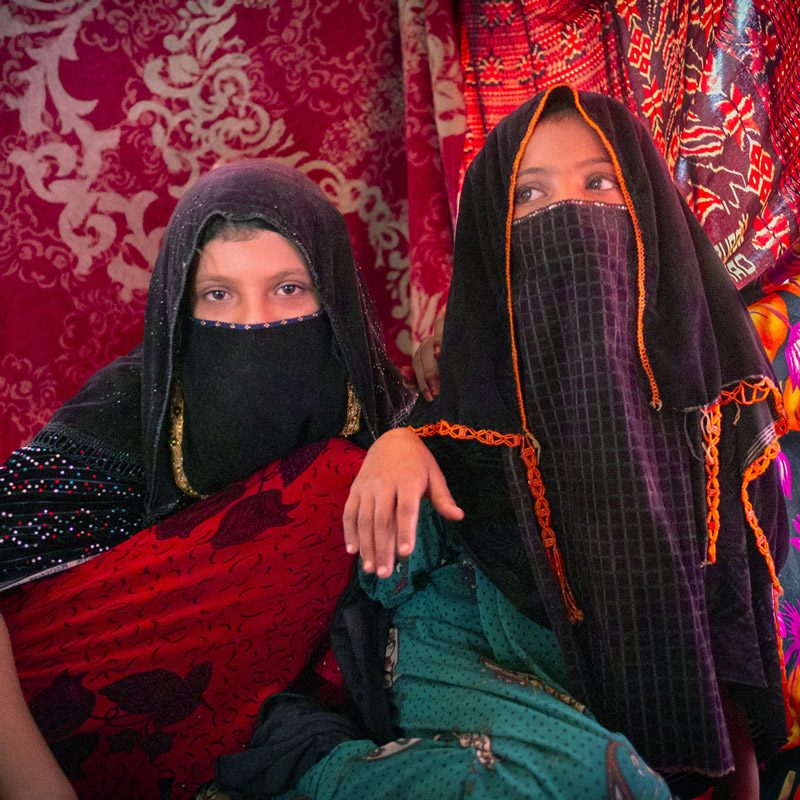
It is also said that Rashaid women often adorn themselves with silver jewelry that they make themselves and often sell in local markets. It is also said that the rest of her outfits are made with long skirts and bright colors; being particularly famous for their black and red geometric print dresses. Looking at the hem of the Rashaida women's dresses, it is clear to see the influences of their Arabian ancestry, through the continued use of bold appliqué patterns. When they first immigrated to Eritrea, they were said to have worn these traditional ankle-length red skirts that were embellished with bright yellow and green patterns.
Traditionally, men wear a thaw and a white turban, but can sometimes be seen wearing colored turbans.

In the desert area, where the Rashaids live, there are increasing droughts and widespread famine. This fact has caused groups of pastoralists to find various strategies to deal with the complexity of the ecosystem. Thus, we see how more and more Rashaid families leave their nomadic life behind to settle near large cities such as Massawa or Port Sudan, in the neighboring country. These processes of change imply new challenges for this fascinating people who are trying to preserve their ancestral Arab culture. Responsible tourism can value its differential fact, as well as promote Rashaida crafts, managed by women.
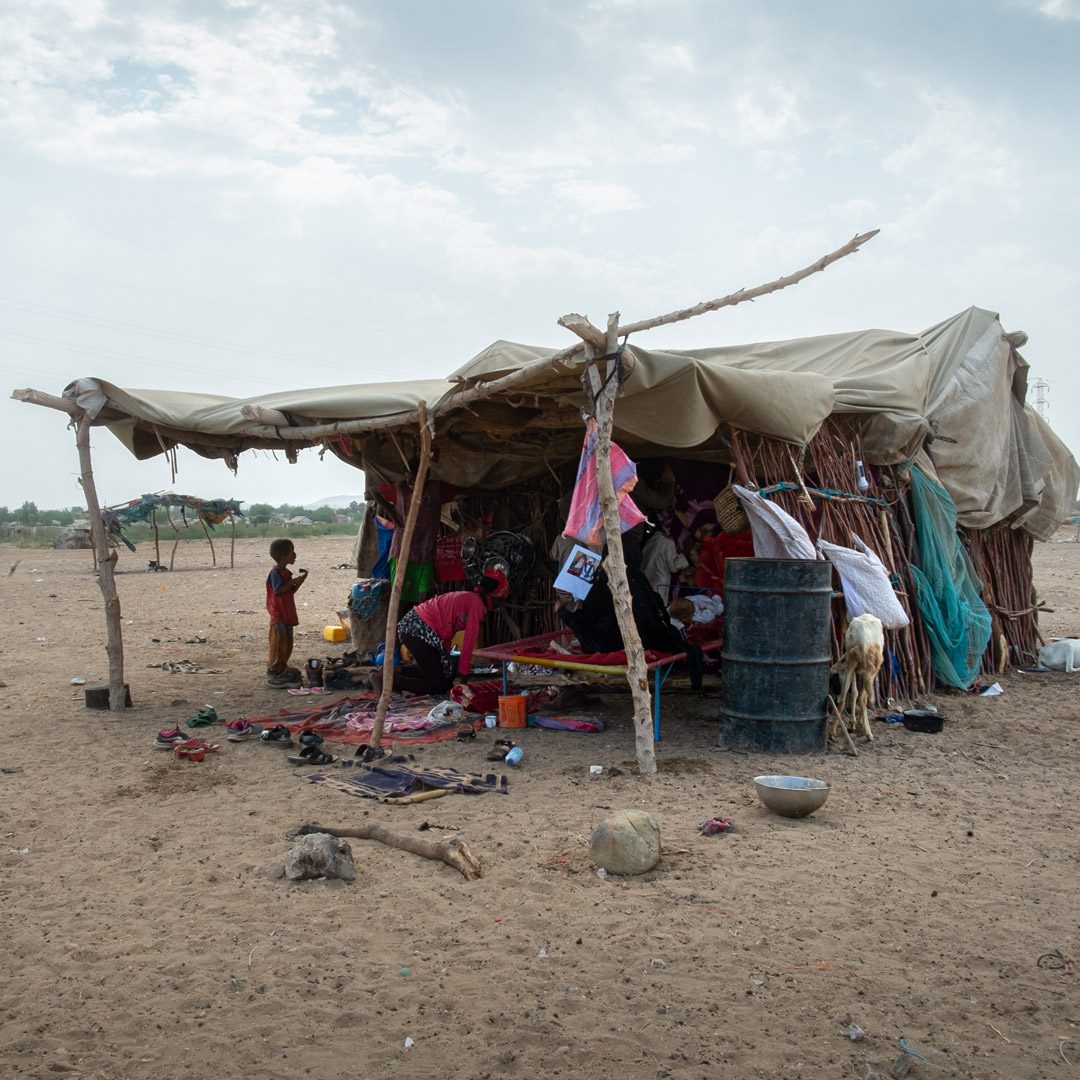
© Photos by Aníbal Bueno, Leny Pellitero and Leonardo F. Paoluzzi
You can learn more about the Rashaida at www.101lasttribes.com
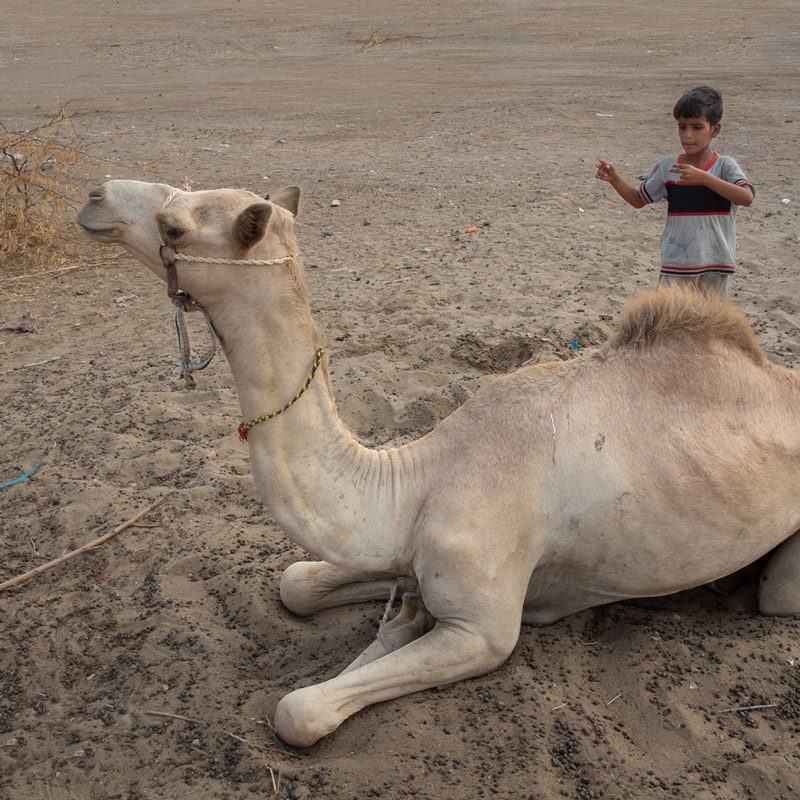
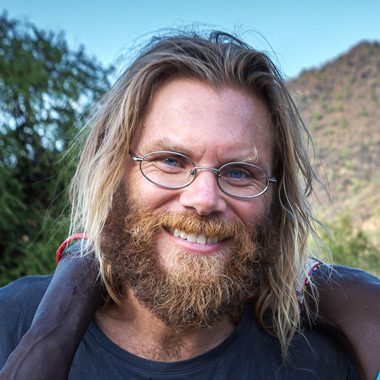

 ES
ES